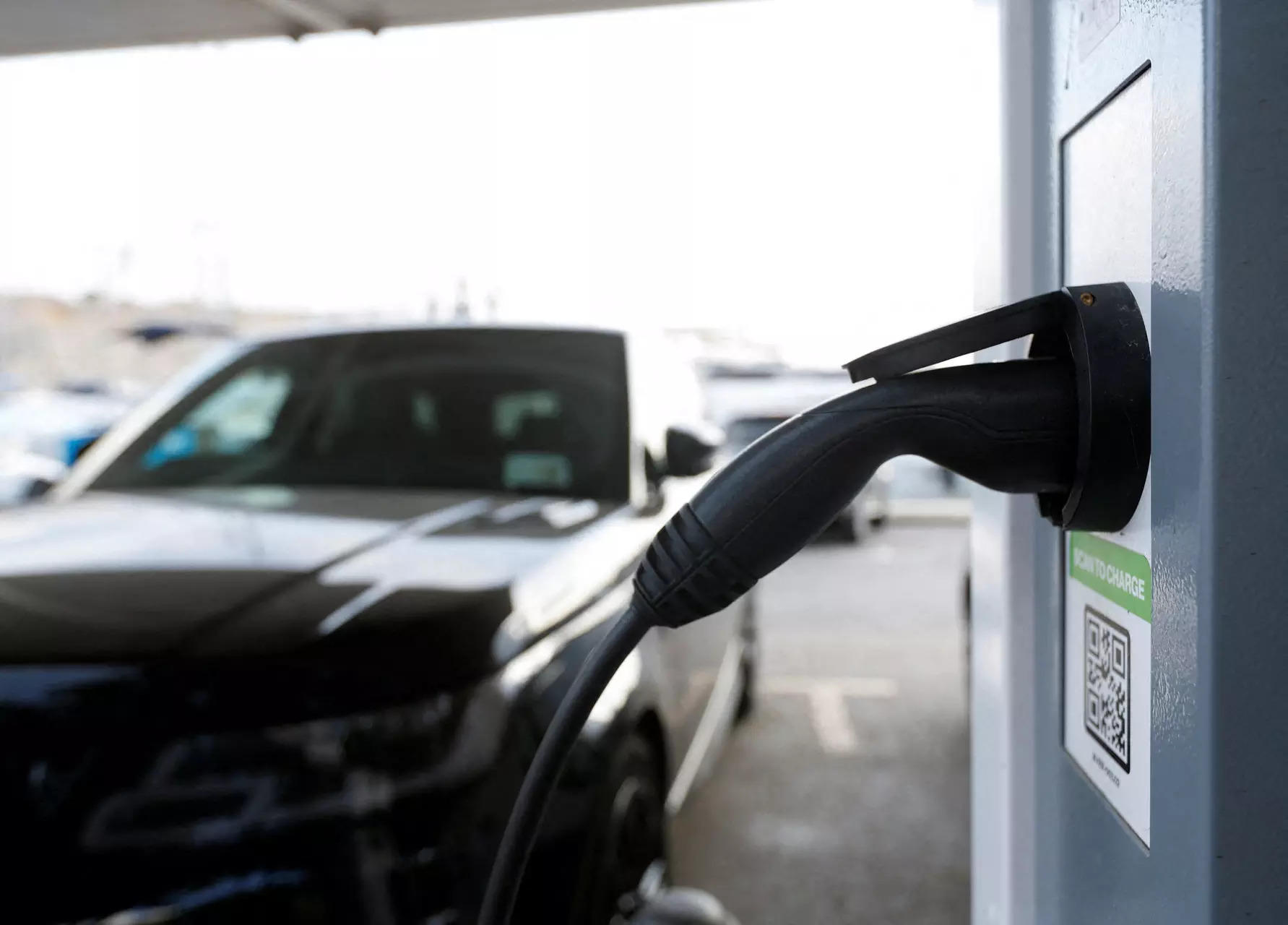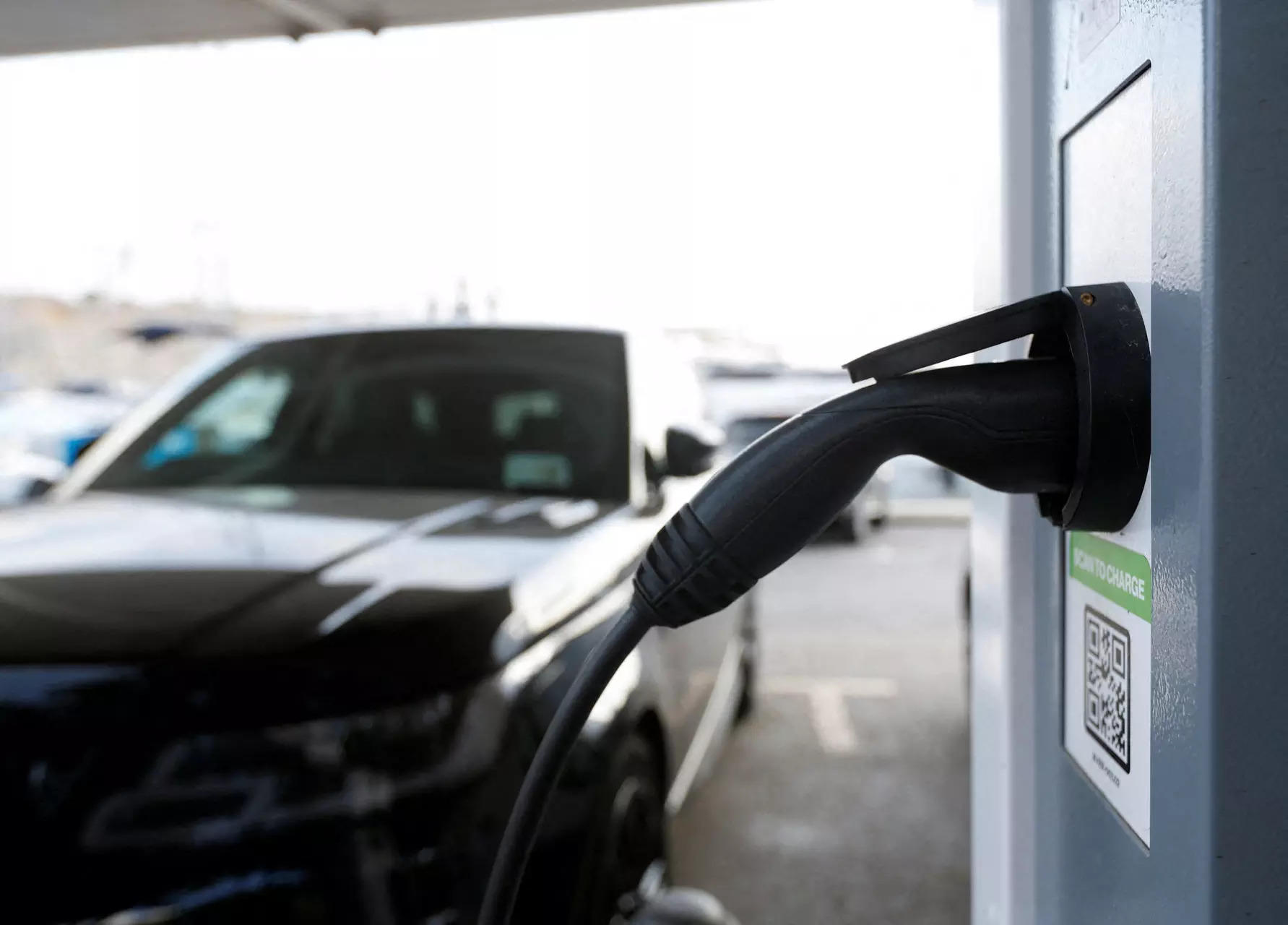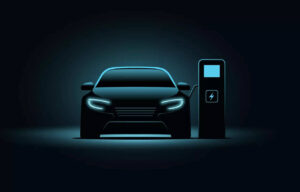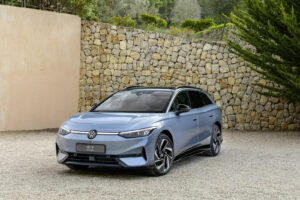
In an era marked by rapid technological advancements and an increasing emphasis on sustainability, the automotive industry is undergoing a monumental shift. The future is unmistakably electric, with governments and corporations worldwide pivoting towards electric vehicles (EVs) as a solution to combat climate change and reduce greenhouse gas emissions. Central to this transformation is the evolution of modern charging solutions, which are critical to the widespread adoption and long-term success of electric vehicles.
The global electric vehicle market is expanding at an exponential rate. According to the International Energy Agency (IEA), there were over 10 million electric cars on the world’s roads in 2020, and this number is expected to rise significantly in the coming years. Projections suggest that by 2030, EV sales could make up 40% of all new car sales globally, driven by policy support, advancements in technology, and shifting consumer preferences.
In India, the government has aggressively promoted the adoption of electric vehicles through various initiatives and policies under the umbrella of the National Electric Mobility Mission Plan 2020. The Faster Adoption and Manufacturing of (Hybrid &) Electric Vehicles (FAME) scheme, now in its second phase, has been pivotal in supporting this shift. The scheme offers subsidies on electric and hybrid vehicles and has spurred the installation of numerous charging stations across the country.
The landscape of EV charging infrastructure is a critical element that is witnessing rapid development. Modern charging solutions are not only about increasing the number of charging points but also about enhancing their efficiency and accessibility. Today’s EV chargers come in various forms: Level 1 chargers, which are typical household outlets providing slow charging; Level 2 chargers, which offer faster charging and are suitable for residential and commercial settings; and DC fast chargers, which are ideal for rapid charging during long trips.
Innovation in charging technology is continuous. For instance, wireless charging technology is on the rise, enabling vehicles to be charged simply by parking them over a charging pad, eliminating the need for cables and physical connections. This technology, while still in the nascent stages, promises to revolutionize how electric vehicles are charged in the future.
Moreover, the integration of smart technology with EV charging infrastructure is transforming the user experience. Smart chargers that can be connected to the internet allow users to monitor charging progress remotely through a smartphone app, schedule charging at off-peak electricity times to reduce costs, and even integrate with home energy systems to optimize energy usage.
The role of renewable energy in powering these charging stations is also pivotal in ensuring that the shift to electric vehicles contributes genuinely to environmental sustainability. Solar-powered charging stations are becoming increasingly common, particularly in countries like India, where solar energy has tremendous potential. These stations help reduce the reliance on the traditional grid, thereby decreasing the carbon footprint of electric vehicles.
However, the transition to a fully electric future is fraught with challenges. The primary concern is the availability and reliability of charging infrastructure, particularly in rural and remote areas. Range anxiety—the fear of running out of power before reaching a charging station—still poses a significant barrier to EV adoption. To address these issues, governments and private companies are investing heavily in expanding the network of charging stations and ensuring they are as widespread as petrol stations.
The economic implications of this shift are profound. As the demand for electric vehicles grows, there is a burgeoning market for charging solutions, which is creating new economic opportunities and jobs. Additionally, the decrease in reliance on imported oil can help reduce national trade deficits and enhance energy security.
Looking ahead, the future of the auto industry is not just electric but smart and interconnected. With advancements such as vehicle-to-grid (V2G) technology, electric vehicles can potentially return electricity to the grid during peak demand times, thereby supporting the energy grid and creating a more balanced, resilient energy ecosystem.
As we look towards a cleaner, more sustainable future, the continued innovation and deployment of advanced charging solutions will play a crucial role in ensuring the successful integration of electric vehicles into our daily lives. The road ahead is electric, and it promises to be an exciting journey.






